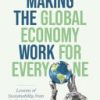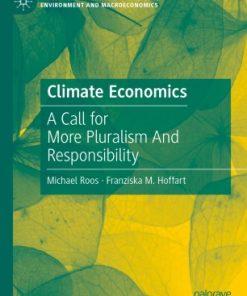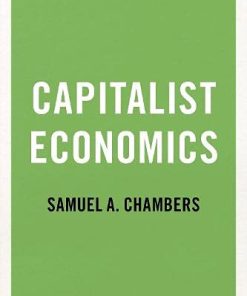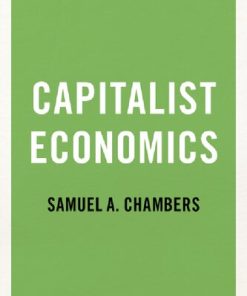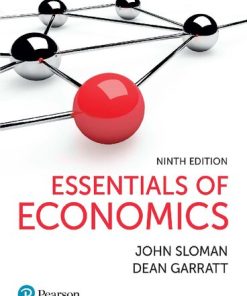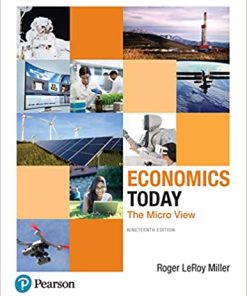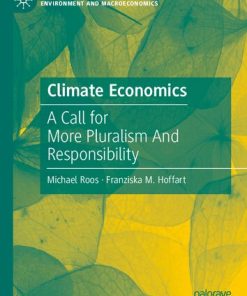Constructing a More Scientific Economics : John Tomer’s Pluralistic and Humanistic Economics 1st Edition Morris Altman
$50.00 Original price was: $50.00.$25.00Current price is: $25.00.
Constructing a More Scientific Economics : John Tomer’s Pluralistic and Humanistic Economics – Ebook Instant Download/Delivery ISBN(s): 9783030839284,9783030839277,3030839281,3030839273
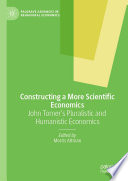
Product details:
- ISBN-10 : 3030839273
- ISBN-13 : 978-3030839277
- Author(s): Morris Altman
John Tomer was a leading intellectual figure in behavioural economics, making distinct contributions to the theory of the firm, social economy, choice theory, and government policy. His underlying methodology as an economist was to incorporate different disciplinary approaches to the subject at hand, whilst maintaining an underlying respect and understanding of how and why humans behave the way they do.
This book brings together a collection of scholars celebrating John Tomer’s contributions to the field of economics. Covering key areas of his research, contributing authors discuss the latest research in behavioral economics, the human firm, climate change policy, sustainability, well-being, human capital, and human development. This volume, extending John Tomer’s more scientific perspective rooted in behavioural and institutional economics, should find an audience among both scholars and policy advocates. It can also enrich course delivery, providing students with alternativeperspectives and approach to economic and socio-economic analysis.
Table contents:
1. Introduction
Part I. John Tomer and The Society for the Advancement of Behavioural Economics
2. Behavioral Economics and the Birth (and Rebirth) of SABE: The Legacy of John Tomer
Part II. A More Humane and Human Centric Economic Analysis
3. Tomer’s Humanistic Hand
4. Inclusive Capitalism
5. John Tomer’s Reconceptualization of the Concept of Human Capital
Part III. Aspects of the Human Firm
6. John Tomer’s Human Firm: How Behavioral Economics Has Helped Us Understand the Firm
7. Community Embeddedness, Consumer Voice, Corporate Social Responsibility
8. John Tomer, X-Efficiency Theory, and Behavioral Economics
Part IV. The Behavioural Economics of Healthy Living
9. The Behavioral Economics of Healthy and Sustainable Food Consumption
10. Obesity, Wellbeing, Freedom of Choice, and Institutional Change
Part V. Behavioural Aspects of the Household and Family
11. Intergenerational Inequality and Parenting: Making Room for the Parent–Child Relationship
12. Assessing the New Home Economics with 2020 Vision
Part VI. Behavioural Economics and Public Policy
13. Crossing the Valley of Death Between Academic Research and Effective Policy: The Role of Behavioral Economics
14. Behavioral Economics, Public Policy, and Basic Decision-Making: A Critical Narrative
15. Metaeconomic Solutions to Dysfunctional Water Markets
People also search:
scientific method economics example
economics a science
construct a scientific explanation
scientific economics
scientific method economics
in constructing models economists
in constructing models economists quizlet
You may also like…
Business & Economics
Climate Economics: A Call for More Pluralism And Responsibility 1st Edition
Uncategorized
Business & Economics - Mathematical Economics
Engineering
Subway: The Curiosities, Secrets, and Unofficial History of the New York City Transit System
Business & Economics
Business & Economics
Business & Economics
Business & Economics - Others
Climate Economics: A Call for More Pluralism And Responsibility Michael Roos



